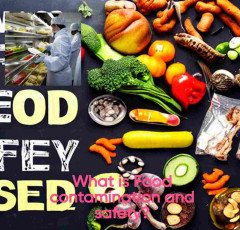
What is Food contamination and safety ?

When dangerous compounds or microbes are present in food that could make consumers unwell or injured, this is referred to as food contamination. Any step in the food production process, such as harvesting, processing, storing, moving, and preparing, might result in this.
Contrarily, food safety refers to the steps taken to avoid food contamination and guarantee that food is safe to consume.
This includes activities like maintaining sanitation and hygiene while preparing food, handling and storing food properly, and keeping an eye out for any risks in the food supply chain.
In order to guarantee that food is safe for customers, government organizations develop standards and laws.
To make sure that food items adhere to safety requirements and are free of contaminants, several agencies may examine and test food products.
To safeguard the general public's health and stop the spread of foodborne illnesses, food safety must be ensured.
A wide range of microorganisms, including bacteria, viruses, parasites, and fungi, can result in foodborne diseases. The signs of foodborne infections can be as modest as an upset stomach or as severe as kidney failure, neurological issues, and even death.
Cross-contamination, the use of contaminated materials or water, inappropriate cooking or processing techniques, and incorrect food handling and storage are some of the common causes of food contamination. Environmental elements like air, soil, and water pollution can potentially taint food.
Everyone involved in the food production chain, including farmers, processors, distributors, retailers, and consumers, must take the required procedures to assure food safety. This may entail being aware of potential risks, utilizing correct sanitary procedures, and adhering to food safety laws.
Additionally, consumers can take precautions to assure the safety of the food they eat by washing their hands before and after touching it, preparing it to the proper temperature, and properly storing it to avoid contamination.
In order to stop the spread of disease and assure consumer safety, food contamination and safety are significant issues that need to be addressed.
In addition to the previously listed procedures, regulatory authorities that monitor and inspect food enterprises for compliance with food safety requirements also enforce food safety. Additionally, these regulatory authorities have the power to cite enterprises for violations of food safety laws and even to close them down.
The use of technology to promote food safety has received more attention in recent years.
For instance, blockchain technology has been used to track food goods along the supply chain and trace their origins, promoting greater accountability and openness. Potential risks in the food manufacturing process can be found using other technology, such as sensors and monitoring tools.
A multifaceted strategy involving everyone in the food supply chain is needed to ensure food safety.
We can assist prevent food contamination and maintain the health of ourselves and our communities by taking the required precautions and being vigilant about potential threats.
Additionally, it is crucial to remember that attempts to improve food safety call for worldwide collaboration and cooperation as it is a global issue. This entails exchanging knowledge and best practices, as well as working together to tackle issues like food fraud and the advent of novel foodborne illnesses, which are global threats to food safety.
Food contamination not only poses health problems, but it also has an impact on the economy. Foodborne infections can have a large financial impact on patients and healthcare systems, as well as on businesses and sectors that depend on the production of safe and healthy food.
Organizations like the World Health Organization (WHO), the Food and Agriculture Organization (FAO), and the World Trade Organization (WTO) have set standards and recommendations for food safety in response to these issues, and they collaborate to promote food safety on a worldwide level.
Food safety and contamination are significant problems that necessitate constant attention. Together, we can make sure that the food we consume is secure, wholesome, and free of dangerous toxins.
It's important to remember that food safety is a constant worry.
The process of producing food is always changing, and with it the dangers and threats that could jeopardize food safety. As a result, it's critical to maintain vigilance and initiative in the face of fresh difficulties.
This can entail regular inspection and testing of food products as well as investigation of cutting-edge tools and techniques that can enhance food safety and avoid contamination. To make sure that everyone involved in the food supply chain is aware of the potential dangers and hazards and knows how to address them, it also necessitates continual education and awareness-raising efforts.
Everyone involved in the food production chain, from farmers and producers to regulators and consumers, must continuously commit to and work together to ensure food safety. Together, we can make sure that the food we consume is secure, wholesome, and free of dangerous toxins.
Additionally, we as consumers can take precautions to shield our family and ourselves from potential foodborne illnesses.
Making informed decisions when buying food products entails looking for labels that say the food has undergone safety testing and certification.
We can take precautions to handle and store food products safely in our homes, like separating raw meat from other meals, heating food to the proper temperature, and promptly refrigerating leftovers.
To be updated about issues related to food safety and, where necessary, to take the proper action.
This may entail informing health officials of suspected cases of foodborne illness or contacting restaurants to express worries about potential safety issues.
We can contribute to ensuring that the food we consume is secure, wholesome, and devoid of dangerous toxins by following these measures and cooperating with others in the food supply chain.
Food safety and contamination are complicated concerns that demand continual attention from all parties engaged in the food supply chain as well as consumer participation. We can help avoid foodborne diseases and make sure the food we eat is safe, healthful, and free of dangerous toxins by remaining aware about potential risks and hazards, taking the necessary steps, and cooperating to promote food safety.
Must realize that social justice and public health are also involved in issues of food safety.
Foodborne illnesses may affect some communities and populations more than others, such as low-income and marginalized groups, who also may have less access to safe and wholesome food options. Therefore, tackling larger challenges of food security must also involve addressing concerns about food safety.
The effects of food production and distribution on the environment should be taken into account while promoting food safety.
Sustainable food practices can promote long-term environmental health while lowering the danger of food contamination.
Food safety and contamination are complex concerns that call for continual attention from numerous sectors and communities.
We can contribute to ensuring that the food we eat is secure, wholesome, and sustainable for future generations by cooperating and taking a comprehensive approach to food safety.
Must understand that it's not always simple or easy to prevent food contamination and ensure food safety.
It necessitates a continual dedication by researchers, politicians, business titans, and consumers alike to research, innovation, and collaboration.
However, putting food safety first has enormous advantages.
In addition to preventing the spread of dangerous diseases and safeguarding public health, it can also boost economic development, increase food security worldwide, and support a more just and sustainable food system.
To make sure that the food we eat is secure, wholesome, and sustainable, we must all cooperate. This entails using a multifaceted strategy that addresses the multiple causes of food contamination and encourages cooperation and innovation amongst various industries and communities. By doing this, we can contribute to ensuring that everyone has access to wholesome, sustainable, and safe food options in the now and in the future.
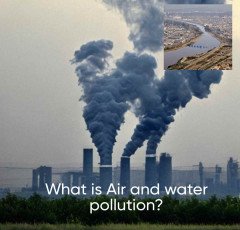
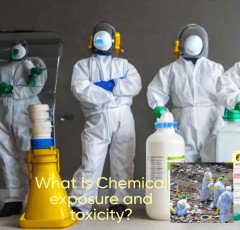
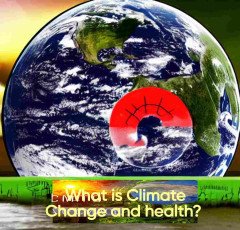


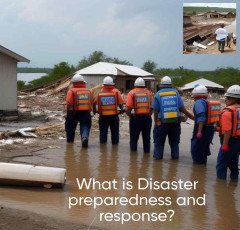
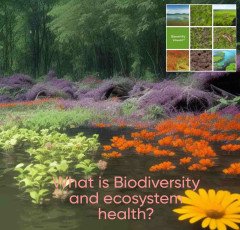
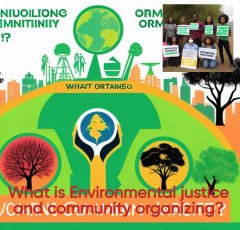
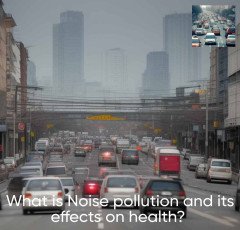


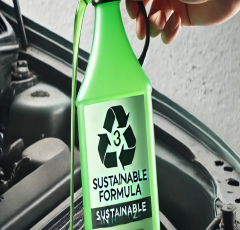






 ASPINAL LONDON
ASPINAL LONDON  Only For The United States
Only For The United States  Hello Theme
Hello Theme  SEO Checklist
SEO Checklist  Online Marketing
Online Marketing  Smart Doorbell
Smart Doorbell  ELECTRONIC ACCESSORIES
ELECTRONIC ACCESSORIES  TitTok Revolution
TitTok Revolution  Acer Laptop
Acer Laptop  NordPass
NordPass  ASUS Laptop
ASUS Laptop  Favorite Company (Cuelinks)
Favorite Company (Cuelinks)  BEST SELLER TOP10
BEST SELLER TOP10  Sennheiser
Sennheiser  Women Fashion
Women Fashion  Hot Bags For Pain Relief
Hot Bags For Pain Relief  Online Technology Classes
Online Technology Classes  Best Sellers On Amazon
Best Sellers On Amazon  SOFAS
SOFAS  Unlimited access to classes on illustration, photography, design, film, music
Unlimited access to classes on illustration, photography, design, film, music  Amazon Best Selling Products
Amazon Best Selling Products  Best Selling Books
Best Selling Books  All Wireless Products
All Wireless Products  Artificial Intelligence
Artificial Intelligence  The Click Engine
The Click Engine  RPM 3.0
RPM 3.0  The Secret Email System
The Secret Email System  Unreal Engine 5 For Beginners Learn The Basics Of Virtual Production
Unreal Engine 5 For Beginners Learn The Basics Of Virtual Production  Graphics & Design
Graphics & Design  NordLocker
NordLocker  Creative Brief For Video Shoot
Creative Brief For Video Shoot  Best Home Appliances
Best Home Appliances  Top Rated From Amazon
Top Rated From Amazon  Best Robotic Vacuum Cleaners
Best Robotic Vacuum Cleaners  NordVPN
NordVPN  1150+Trendy kids coloring pages Bundle
1150+Trendy kids coloring pages Bundle  One World Collection
One World Collection  Men Clothing
Men Clothing 
















